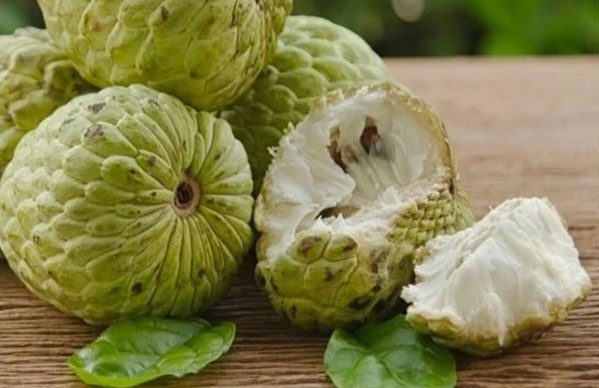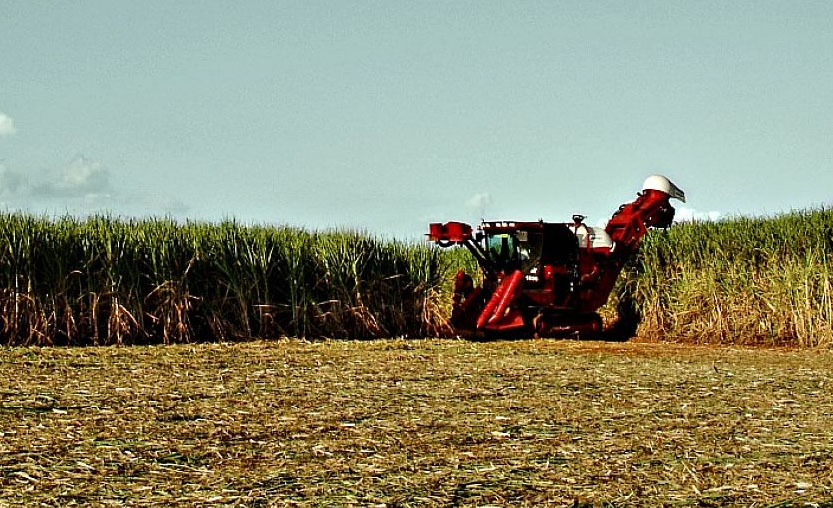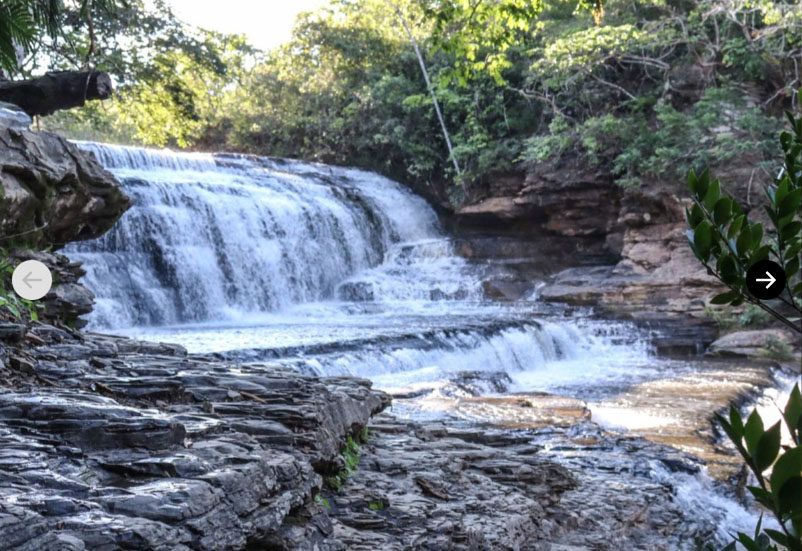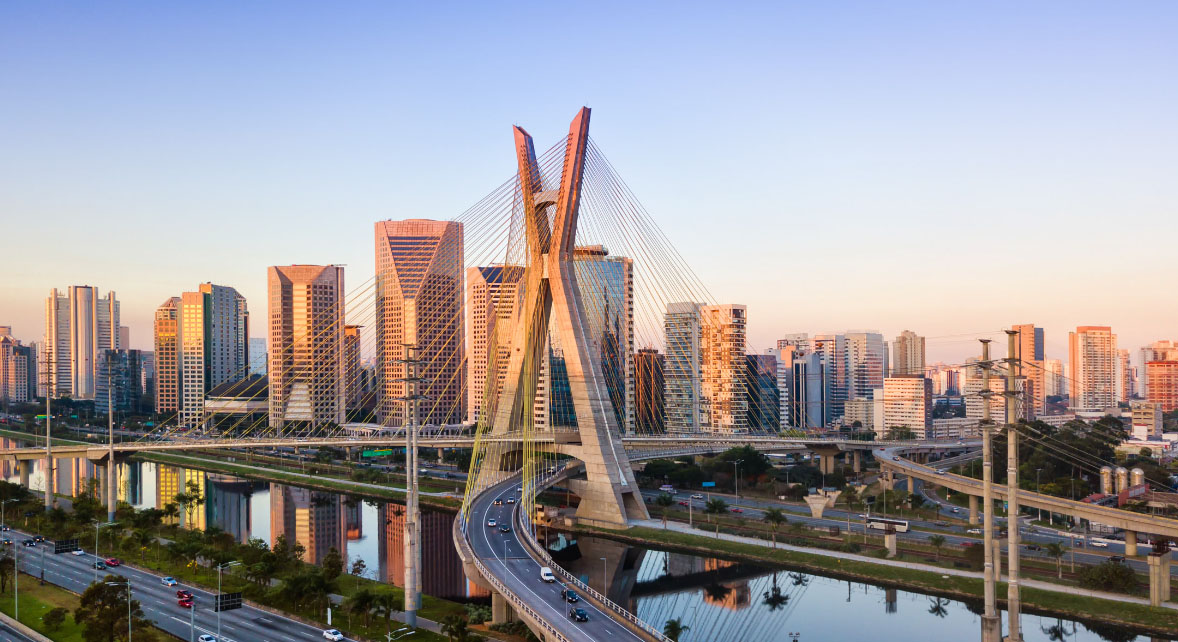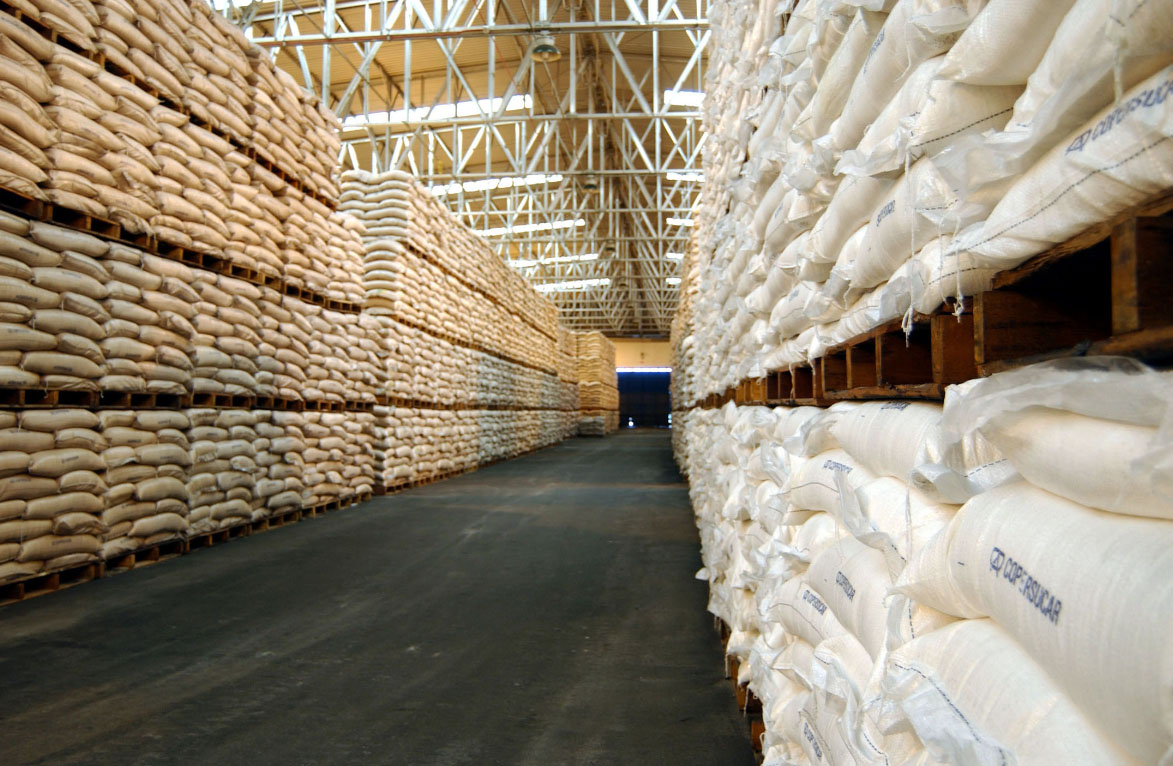Sugar, a
quintessential ingredient in the world’s culinary repertoire, holds a special
place in the heart of Brazil. The story of sugar in Brazil is one of profound
historical roots, economic importance, and cultural significance. In this blog
post, we’ll delve into the fascinating world of sugar in Brazil, exploring its
origins, production, and its integral role in shaping the nation’s identity.
Sugar in
Brazil: A Historical Tapestry
Colonial
Roots: The history of sugar in Brazil can be traced back to the early colonial
period when Portuguese settlers introduced sugarcane cultivation to the land.
Economic
Powerhouse: Sugar production became a driving force in Brazil’s economy,
shaping trade and commerce both domestically and internationally.
The Sugar
Journey
Sugarcane
Cultivation: The journey of sugar begins with the cultivation of sugarcane in
vast fields, a labor-intensive process that remains deeply rooted in tradition.
Crushing
and Extraction: Once harvested, sugarcane is crushed to extract its juice, the
initial step in the sugar-making process.
Clarification
and Boiling: The extracted juice undergoes clarification and boiling to remove
impurities, resulting in a clear sugar solution.
Crystallization
and Drying: The sugar solution is then concentrated, crystallized, and dried,
producing the sugar crystals that we use in our kitchens.
Cultural
Significance of Sugar in Brazil
Traditional
Celebrations: Sugar plays a central role in many of Brazil’s traditional
celebrations and festivals, such as Festa Junina, which honors rural life and
traditions.
Cultural
Influence: The imagery and symbolism of sugar have found their way into
Brazilian art, literature, and music, contributing to the rich tapestry of the
nation’s culture.
The Sugar
Industry Today
Global
Dominance: Brazil is a global leader in sugar production, consistently ranking
as one of the largest sugar producers in the world.
Diversification:
In addition to traditional sugar, Brazil’s sugar industry has diversified into
ethanol production, a critical component of the global biofuel industry.
Sustainability
and Environmental ResponsibilityEco-Friendly Practices: Many Brazilian sugar
producers are adopting sustainable farming practices to reduce their
environmental footprint.
Biodiversity
Conservation: Some sugar producers are actively working to protect
biodiversity, preserving natural ecosystems in and around their sugarcane
fields.
Challenges
and Opportunities
Market
Fluctuations: The sugar industry faces challenges due to market fluctuations,
changing consumer preferences, and competition from alternative sweeteners.
Innovation:
Technological advancements and innovative farming practices offer opportunities
for growth and improved sustainability.
Conclusion
Sugar in
Brazil is not just an ingredient; it’s a thread woven into the cultural,
economic, and historical fabric of the nation. With deep historical roots, a
significant role in the economy, and cultural symbolism, sugar remains a
cornerstone of Brazilian identity. As the industry evolves, embracing
sustainability and innovation, it continues to balance tradition with progress,
preserving the sweet legacy that is the sugar of Brazil.


